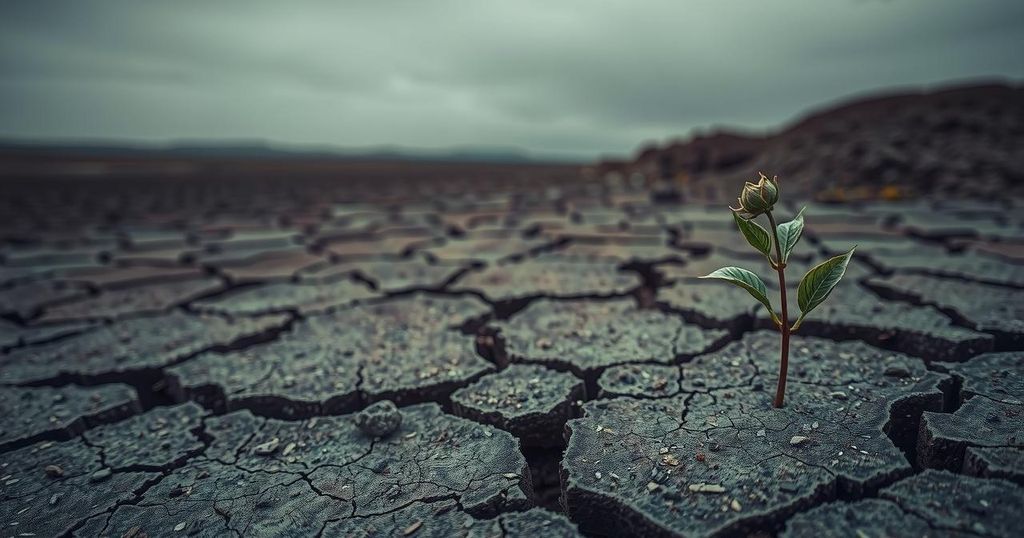The U.S. has declared genocide in Sudan amidst ongoing conflicts involving the Rapid Support Forces (RSF) and national armed forces. With millions displaced and widespread atrocities reported, questions arise regarding the effectiveness of such declarations in addressing the humanitarian crisis. Historical precedents suggest limited impact, emphasizing the need for meaningful international action and accountability against violators of human rights.
The situation in Sudan has reached a critical juncture, marked by Secretary of State Antony Blinken’s declaration that the Rapid Support Forces (RSF) have committed genocide. This comes amidst ongoing conflicts between the RSF and Sudan’s conventional armed forces led by Gen. Abdel-Fattah Burhan, following a significant escalation of violence since April 2023. The RSF has reportedly engaged in a campaign of looting, displacement, and brutal violence, particularly against the Masalit people.
Evidence of the RSF’s atrocities includes disturbing videos circulated by the perpetrators themselves, celebrating acts of violence against victims. Reports by various organizations and media outlets corroborate the existence of genocide and severe human rights violations. The International Criminal Court (ICC) is anticipated to pursue further legal actions against both the RSF and Burhan, who are under scrutiny for war crimes.
As Sudan grapples with a humanitarian disaster, over a quarter of its population is reported as displaced, with millions facing potential famine. Despite these challenges, the U.S. declaration of genocide raises questions about its effectiveness in alleviating the suffering of the Sudanese people. Historically, U.S. designations under the Genocide Convention have yielded little in the way of practical intervention or influence on the ground.
Unlike previous engagements, U.S. efforts to facilitate peace and address the humanitarian crisis in Sudan appear limited. With ongoing rivalries among Middle Eastern powers influencing the conflict, meaningful U.S. pressure on these states remains absent. Nevertheless, Blinken’s public condemnation could compel nations like the UAE, which have ties to the RSF, to advocate for negotiations.
The potential for judicial accountability is overshadowed by a history of unaddressed war crimes, exemplified by the ongoing impunity of key figures like Omar al-Bashir. This repeated failure of enforcement raises skepticism about the impact of international declarations on the ground. Ultimately, while the U.S. genocide determination may be largely symbolic, it does present an opportunity for Sudanese civilians to advocate for justice in their quest for peace and political stability.
The conflict in Sudan, exacerbated since April 2023, involves violent clashes between the RSF and the Sudanese armed forces, leading to widespread human rights abuses and a humanitarian crisis. The RSF emerged from the Janjaweed militia associated with prior genocide accusations in Darfur, complicating the ongoing humanitarian disaster that has displaced millions and threatened the survival of a significant portion of the population. The U.S. has historically engaged in these issues, but its current approach reflects a divergence from previous strategies aimed at fostering peace and stability in the region.
The recent designation of genocide by the U.S. signifies an acknowledgment of the atrocities in Sudan but may not lead to tangible solutions. The humanitarian crisis continues to escalate, and the international community’s response remains fragmented. For Sudan’s civilians, the U.S. statement offers a rare chance to demand accountability and justice, highlighting the need for sustained pressure on aggressors and support for peace initiatives.
Original Source: www.usnews.com







